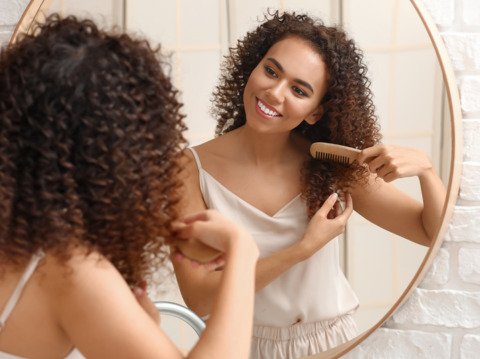
As it relates to beauty products, we all have our favourites, whether that be mascara that doesn’t smudge easily, foundation that stays put all day or serum that soothes sensitive skin instead of irritating it. Personalisation has quickly become a top trend in the beauty industry. Consumers want to feel as though they’re being treated individually, and 80% say personalised shopping experiences increase their likelihood to purchase from brands.
1. Smart Mirrors
Smart mirrors have the potential to transform a bathroom into an oasis of health and beauty, offering advanced features like magnification, lighting adjustments and skin analysis.
Fitness tracking apps and wearables can also integrate with yoga studios to track activity and display health metrics, providing virtual workouts or yoga sessions as part of their services. BMind, for instance, can detect your mood and offer affirmations and visuals to make you feel better about yourself. This smart mirror was first unveiled at CES 2024; its privacy-by-design platform stores data locally.
2. Metaverse
The Metaverse is a virtual universe offering numerous digital applications. Some have likened its features to those found on the internet; however, its capabilities far surpass its limitations.
Beauty brands are increasingly using the Metaverse to engage their consumers via glam challenges, NFT collaborations and virtual consultations. These developments are fuelling the convergence between wellness and beauty. Brands must provide products that address both, particularly among younger generations such as Gen Z, who want to feel in control of both aspects of their beauty regimen.
3. Virtual Try-Ons
Virtual try-on technology allows consumers to virtually experience makeup, apparel and accessories before physically trying them on. It utilises cutting-edge technologies, including computer vision and augmented reality for virtual product simulation. Results are astonishingly realistic and offer consumers an engaging shopping experience that lowers risk and boosts brand loyalty.
AR-enabled virtual makeup try-on provides beauty brands with a sustainable solution by eliminating physical product samples that consume valuable materials and resources – leading to lower packaging waste and carbon emissions as a result.
4. AI & Data Analysis
AI offers beauty and wellness businesses great potential to streamline operations, reduce costs and enhance staff efficiency – yet it must take ethical considerations into account before doing so. AI technology ensures customers receive products and services tailored specifically to meet their individual needs, freeing beauty and spa professionals to focus on client consultations, treatment planning and achieving results.
AI technology for booking and queries provides businesses with the ability to offer 24/7 client service, but when using this technology, it must prioritise customer safety and privacy; therefore, ongoing collaboration between tech firms and regulatory bodies is necessary to create standards which protect consumer health.
5. Smart Packaging
Beauty and skin care products are experiencing an exciting technological evolution, and smart packaging is among the most exciting emerging technologies in this space. A recent Cosmetics Design Launch Lab webinar demonstrated how tech-enabled applicators are raising product efficacy while driving engagement with users.
Innovative packaging features can enhance customer engagement and satisfaction while improving supply chain efficiencies and environmental stewardship. Time-temperature indicators help ensure products don’t experience conditions which compromise their quality or efficacy, while authentication codes and tamper-evident seals guarantee only genuine goods leave the warehouse. Intelligent packaging is revolutionising skin care products and can take brands to a whole new level of wellness and beauty. By adopting this innovation, brands can propel themselves toward greater wellbeing and beauty.
6. Eco-Conscious Products
Sustainability in beauty and personal care products has become more than just a passing trend; consumers now demand eco-friendly options free from harmful chemicals as well as cruelty-free labels on all their purchases. Brands that can make sustainability engaging for consumers will be better equipped to capitalise on this burgeoning market, such as those using green chemistry or innovative packaging to reduce waste.
Example products of waterless shampoo bars that reduce water waste, bamboo- and organic-cotton makeup remover pads used as reusable makeup remover pads, and sustainable toothbrushes and floss are among the many items produced using recycled or upcycled materials from food industry products that resonate with consumers.
7. Holistic Beauty Platforms
Personalised beauty products have become an increasingly popular choice with consumers as they look to reduce waste and align their wellness values. Prose, one such haircare brand, utilises a 25-question quiz to tailor an individual solution specifically tailored for every customer’s hair needs. Consumption of beauty products has seen an upsurge, as consumers increasingly recognise the correlation between internal health and external appearance. This trend has spurred on development, marketing and consumption of nutricosmetic products.
At the intersection of wellness and beauty lies an opportunity for brands to tailor their offerings to consumer preferences through functional indulgence, playful experimentation and inclusivity. Examples of this trend include Sleep Well beauty products and home fragrances as well as nail art inspired by TikTok trends.
8. Social Media
Wellness and self-care are inextricably intertwined in the world of beauty. By prioritising physical, mental, and emotional care for yourself, prioritising can create an authentic and sustainable sense of beauty. As a result, consumers are turning their focus toward brands that prioritise ethical practices and sustainability, such as vegan makeup and skincare brands as well as products which are cruelty-free or include probiotics.
Advanced beauty technologies are revolutionising the industry, with innovative products like smart mirrors and virtual makeover tools creating more tailored shopping experiences for consumers and attracting tech-savvy audiences.
9. Self-Care
An established self-care routine can have profound benefits on holistic wellbeing. It increases happiness, decreases stress levels, increases concentration and energy levels, enhances overall mood enhancement and more.
Self-care should never be seen as self-indulgence; rather, it should be prioritised to ensure physical and emotional well-being. Making time for yourself every day – be it listening to podcasts on your commute to work or scheduling regular facial mask appointments – can only benefit you both physically and emotionally. Incorporating self-care practices can range from listening to podcasts on your morning commute all the way up to scheduling weekly facial mask sessions!
Self-care rituals should be something you look forward to and truly look forward to, be they mindfulness practices or taking a long lunchtime walk. Achieve this by including them in activities you already do, such as practising mindfulness or taking an extra-long lunchtime stroll.
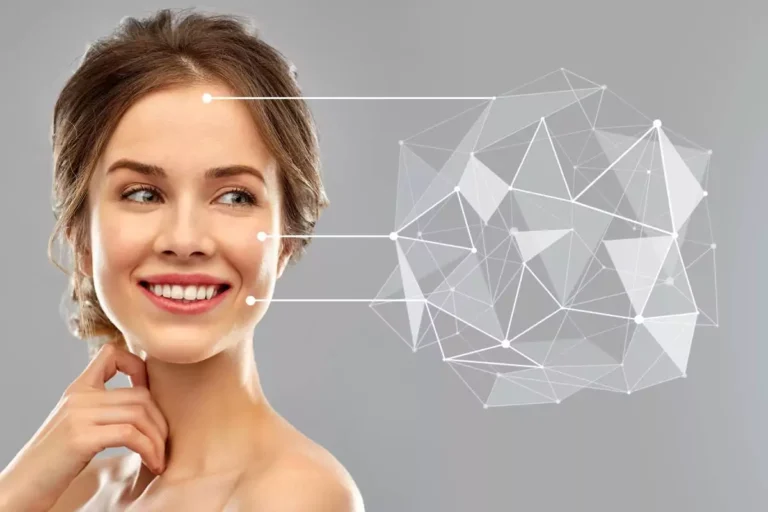
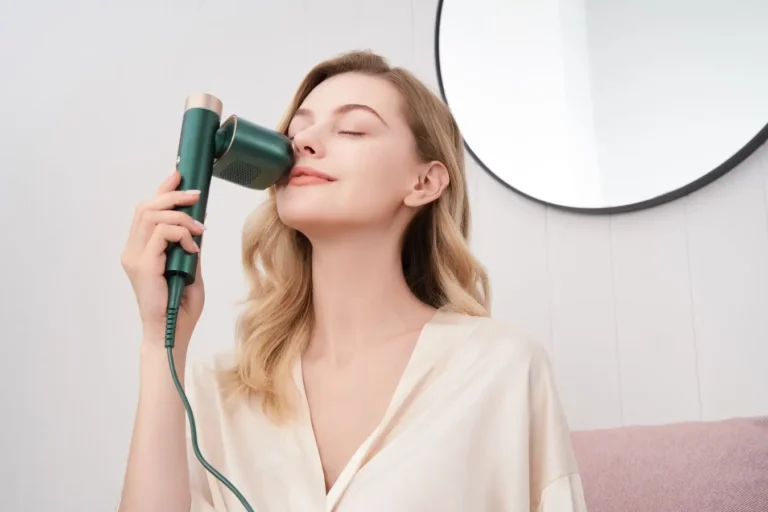
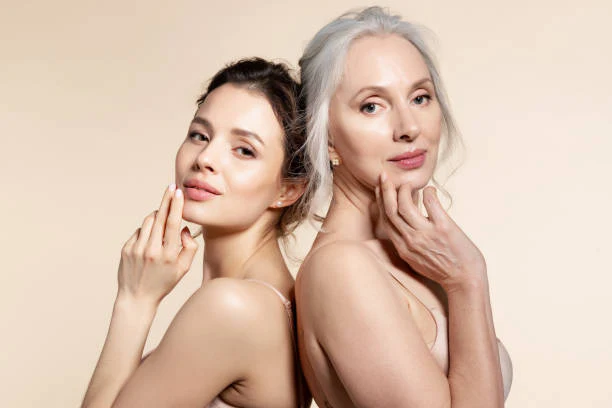

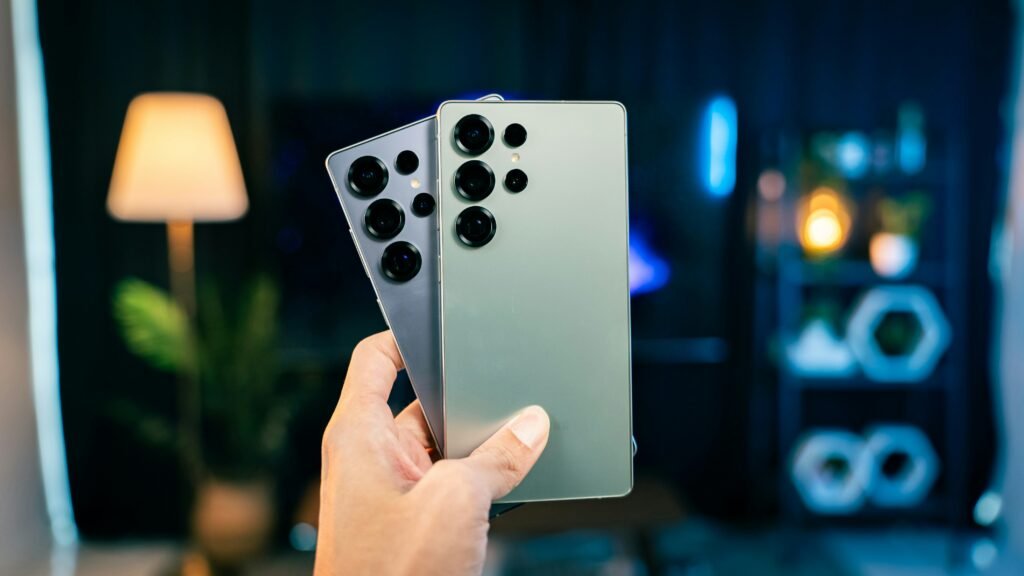


1 thought on “Wellness Meets Beauty – The Rise of Beauty Tech”